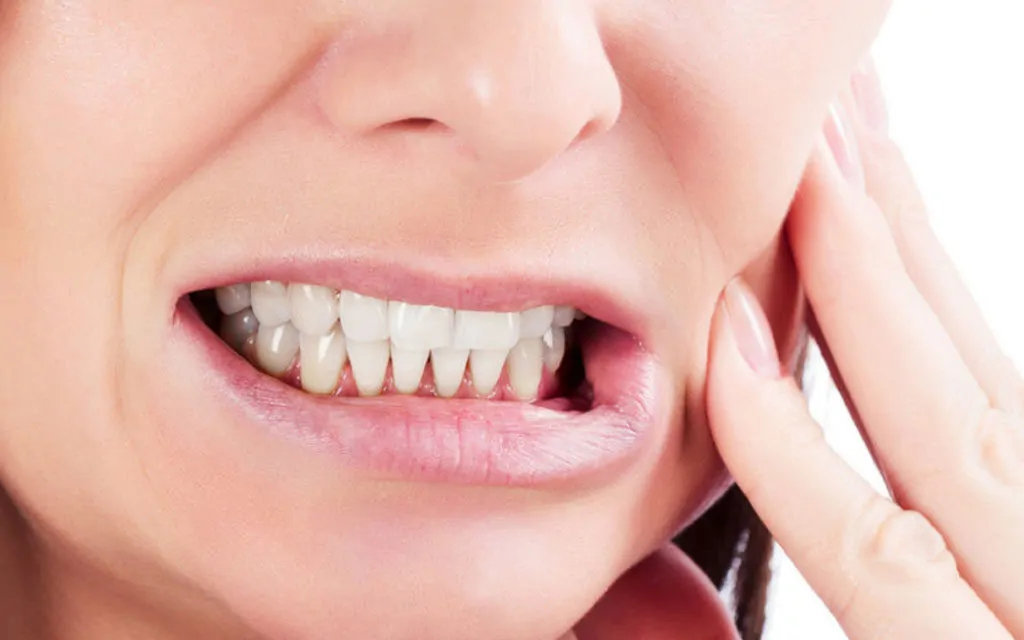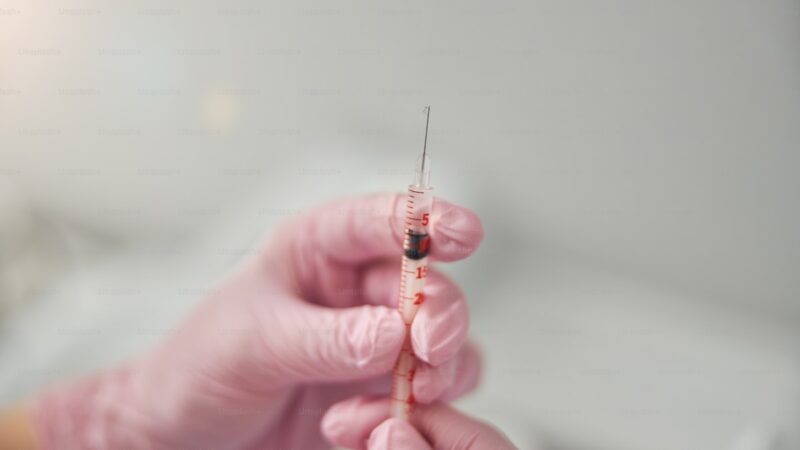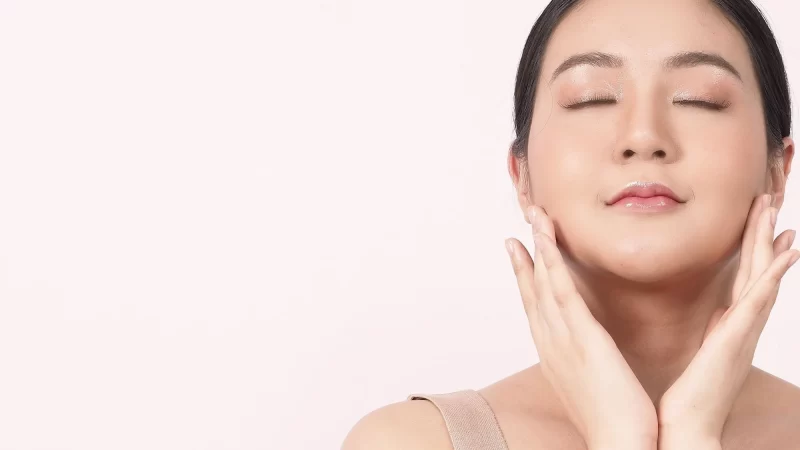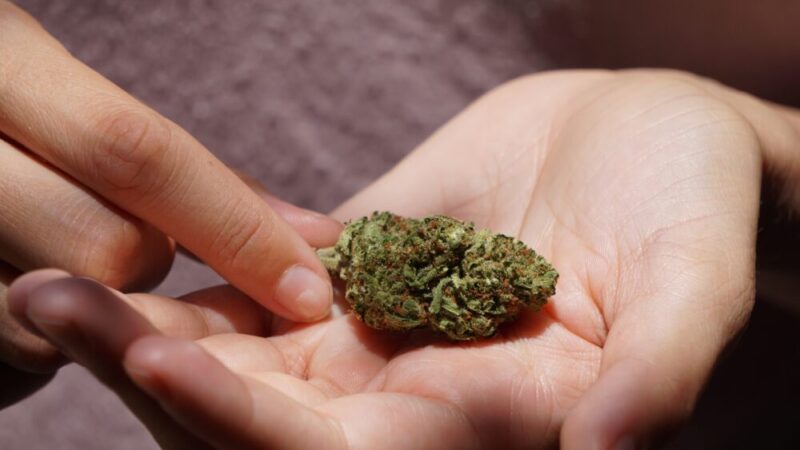Bruxism: Causes, Types, and Treatment Options

If you have bruxism, you may clench or grind your teeth unconsciously. Stress, anxiety, and TMJ are some factors causing the condition. Experienced dentists from Brooklyn City Dental provide mouth guards Brooklyn to effectively manage bruxism.
Types of bruxism
There are two types of bruxism; awake and sleep bruxism. Sleep bruxism happens during the night when asleep. Some patients may not be aware that they have bruxism.
People with sleep bruxism grind their teeth intermittently through the night. It is characterized by episodes that may occur up to 100 times during sleep. Its prevalence is highest in children compared to adults.
In awake bruxism, people clench or grind their teeth during the day. Awake bruxism is less common, having a prevalence rate of 5%, compared to sleep bruxism, with 16%. It is more common among women than men. Nevertheless, patients tend to have both conditions to some degree.
What causes bruxism?
Bruxism may develop due to several factors. TMJ (temporomandibular joint) disorder is a condition that affects muscles around the ear and can trigger bruxism.
Anxiety, stress, depression, and psychological conditions are the most significant risk factors. People tend to clench their teeth in stressful situations, and the habit may continue during sleep.
Your sleep patterns may also be responsible for teeth grinding. Bruxism has a co-occurring relationship with sleep apnea. Cigarette smoking, alcohol, and caffeine consumption may also worsen OSA and bruxism.
If someone in your family has bruxism, you may be susceptible to the condition. Genetic factors are responsible for approximately half of the people experiencing teeth grinding.
Why you need bruxism treatment
Bruxism is a concern in dentistry due to the damage it causes to the teeth. When asleep, teeth grinding can exert more than 250 pounds of force on the teeth. The friction deteriorates the enamel and may lead to decay and tooth loss.
Jaw pain is more prevalent in patients with awake bruxism, but it is present for both conditions. Clenching also triggers TMJ or worsens its symptoms.
Sleep bruxism can also lead to sleep apnea by increasing the rate of sleep interruptions. The noise from teeth grinding could also make it harder for a bed partner sharing the same bed to sleep.
The effects of bruxism may vary depending on the duration and extent of the habit. The longer you postpone getting treatment, the more severe the consequences. That is why you should see your provider immediately for diagnosis and treatment.
Bruxism diagnosis and treatment
Your dentist can diagnose bruxism by evaluating symptoms and performing tests. Enamel deterioration and jaw pain may suggest the patient has bruxism.
Patients with severe symptoms may have to undergo polysomnography. The sleep study involves placing sensors on your head as you sleep. The sensors collect data to evaluate your sleep pattern.
Patients with mild symptoms may not require treatment for teeth grinding. But patients with long-term problems can address bruxism through stress management and medication.
Mouthpieces and mouthguards are used to keep the jaw in position during sleep. They can minimize clenching and snoring to relieve bruxism symptoms.
Contact Brooklyn City Dental to schedule an appointment today.







